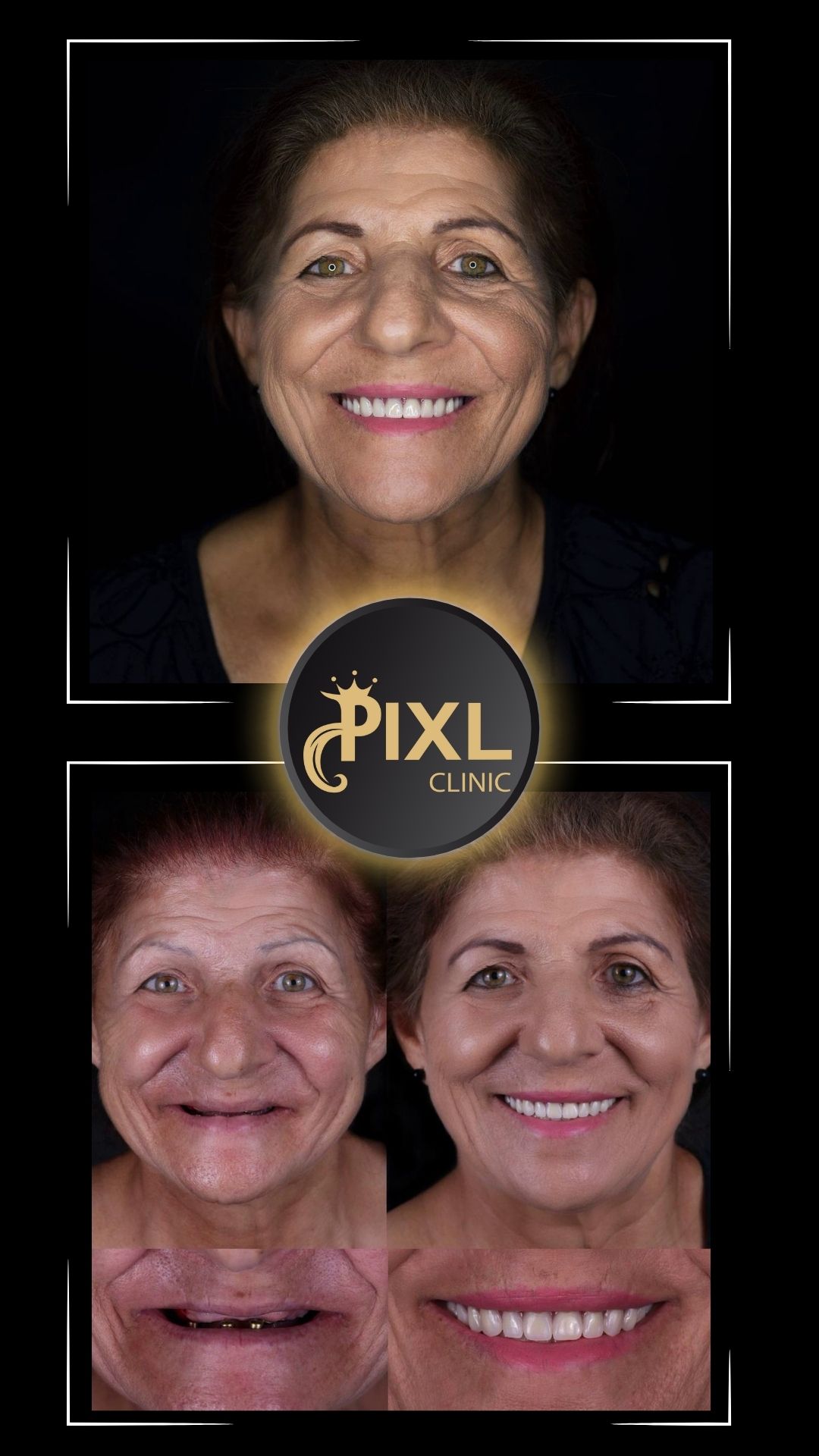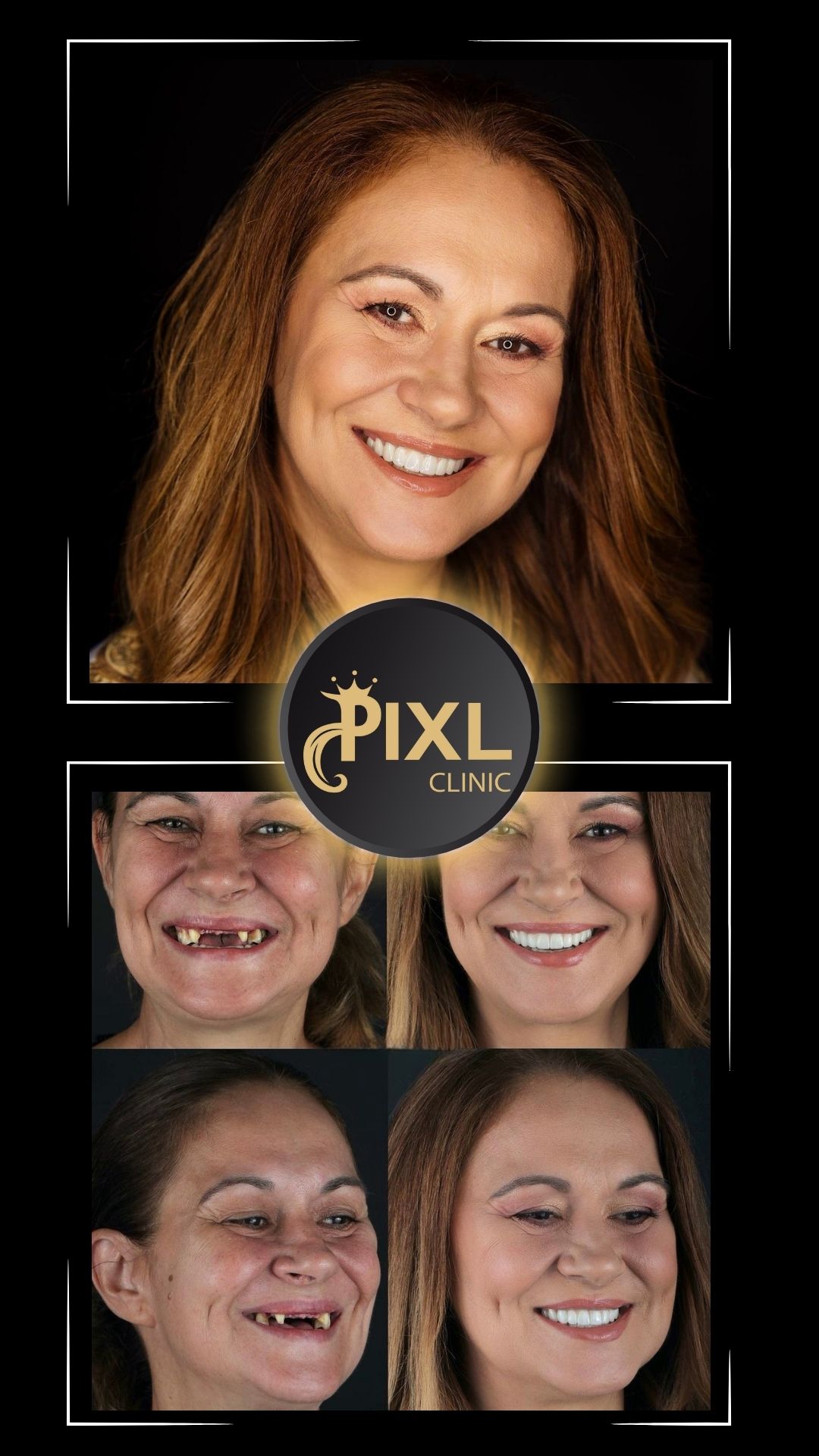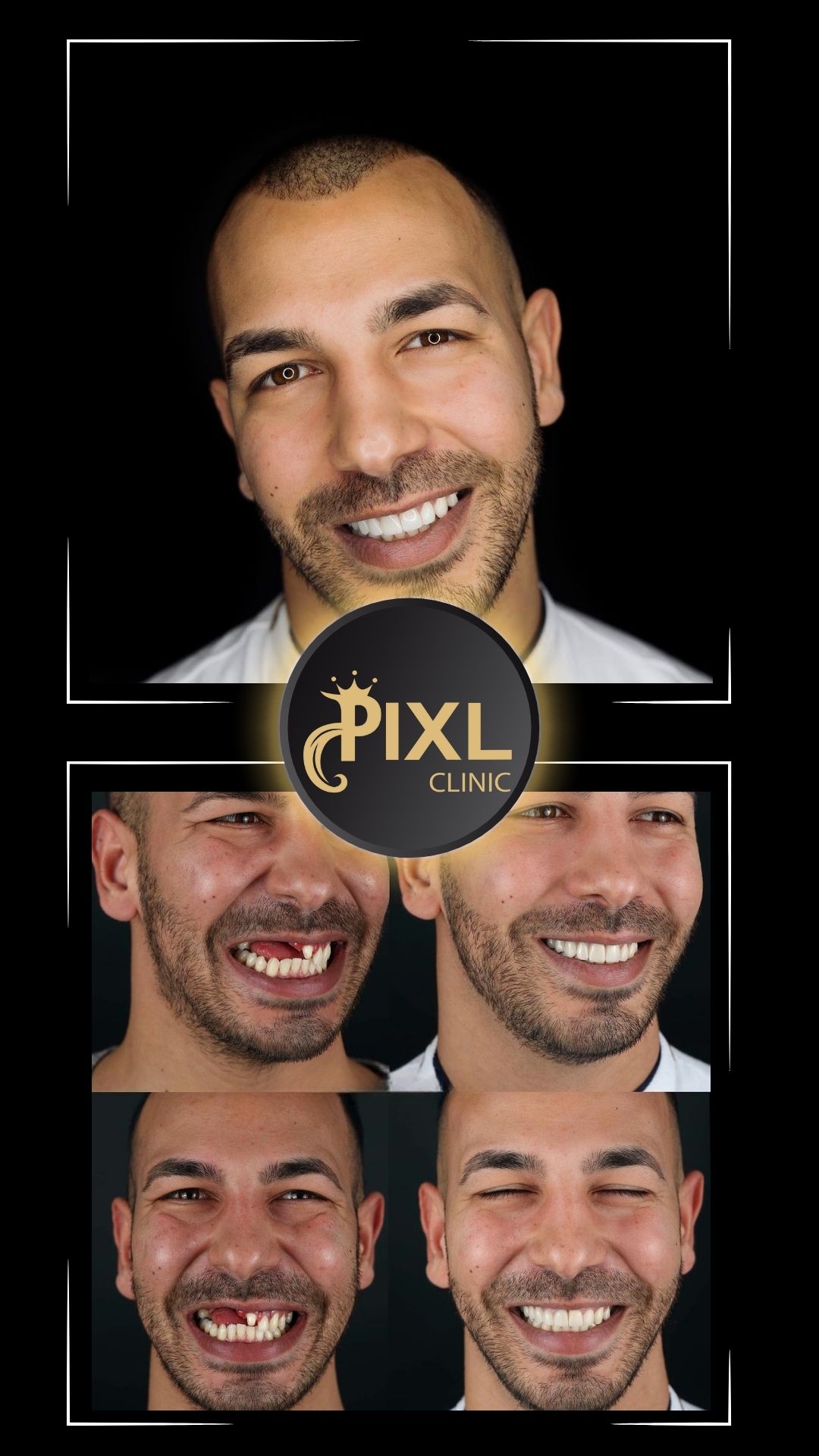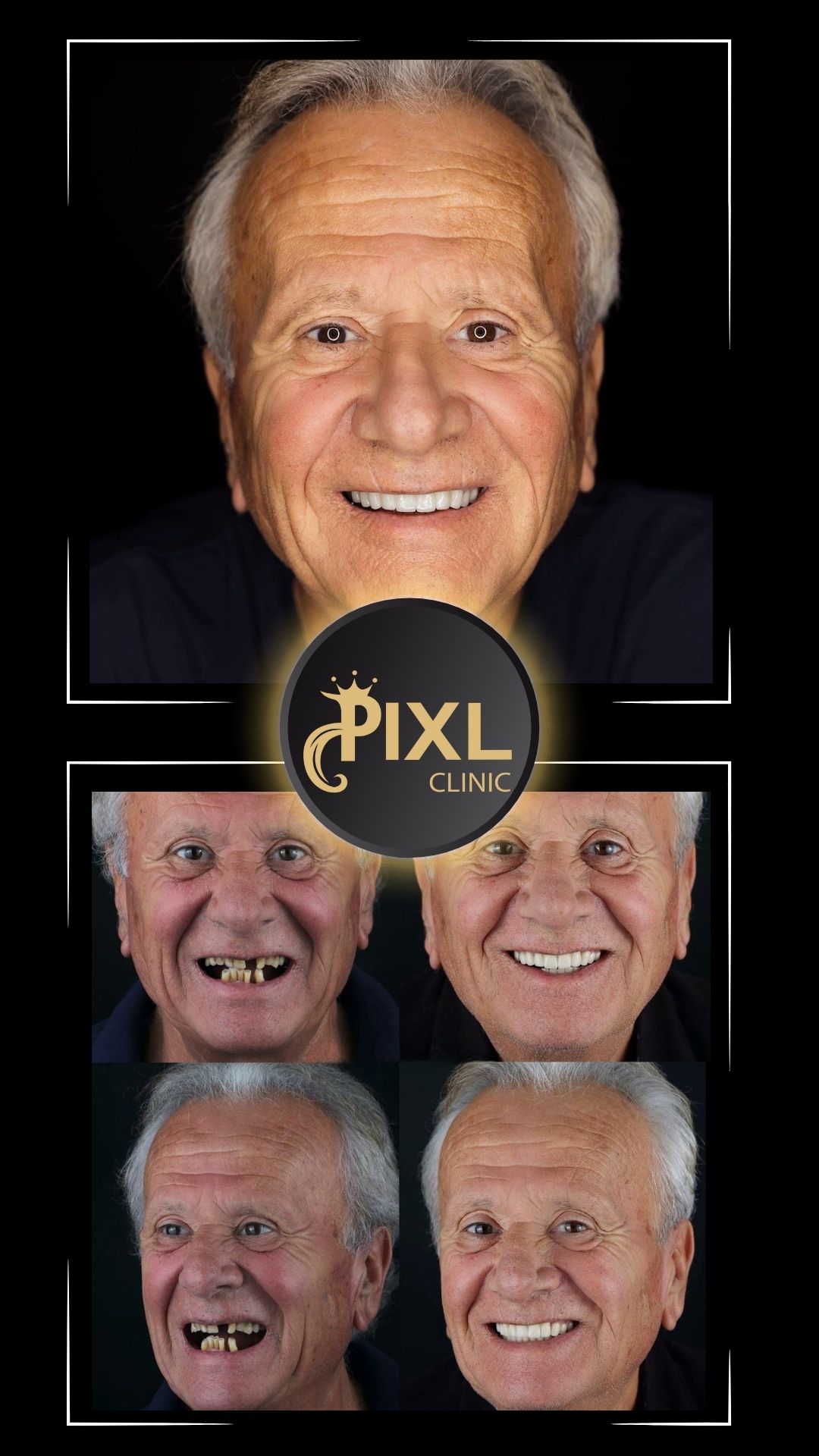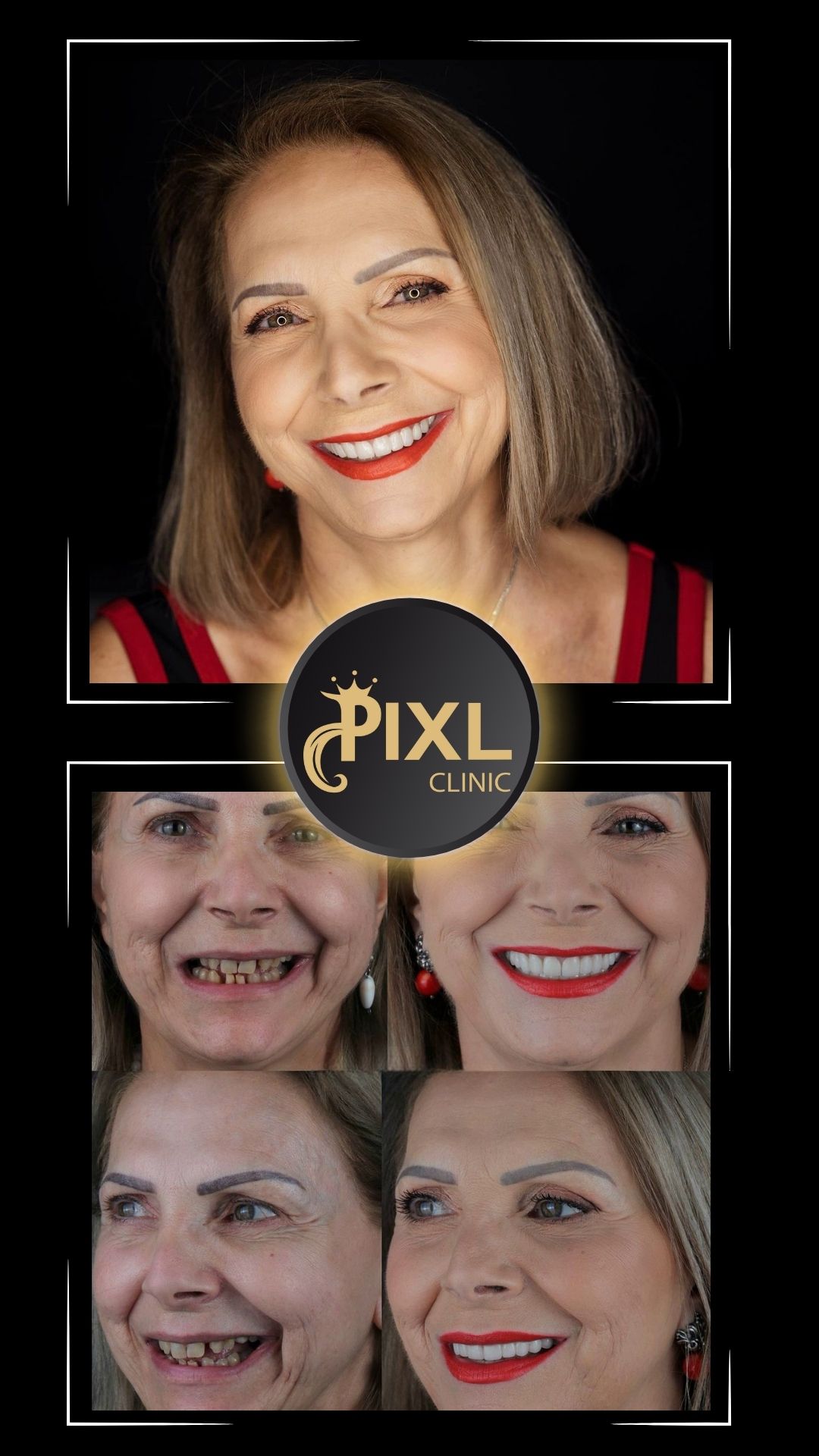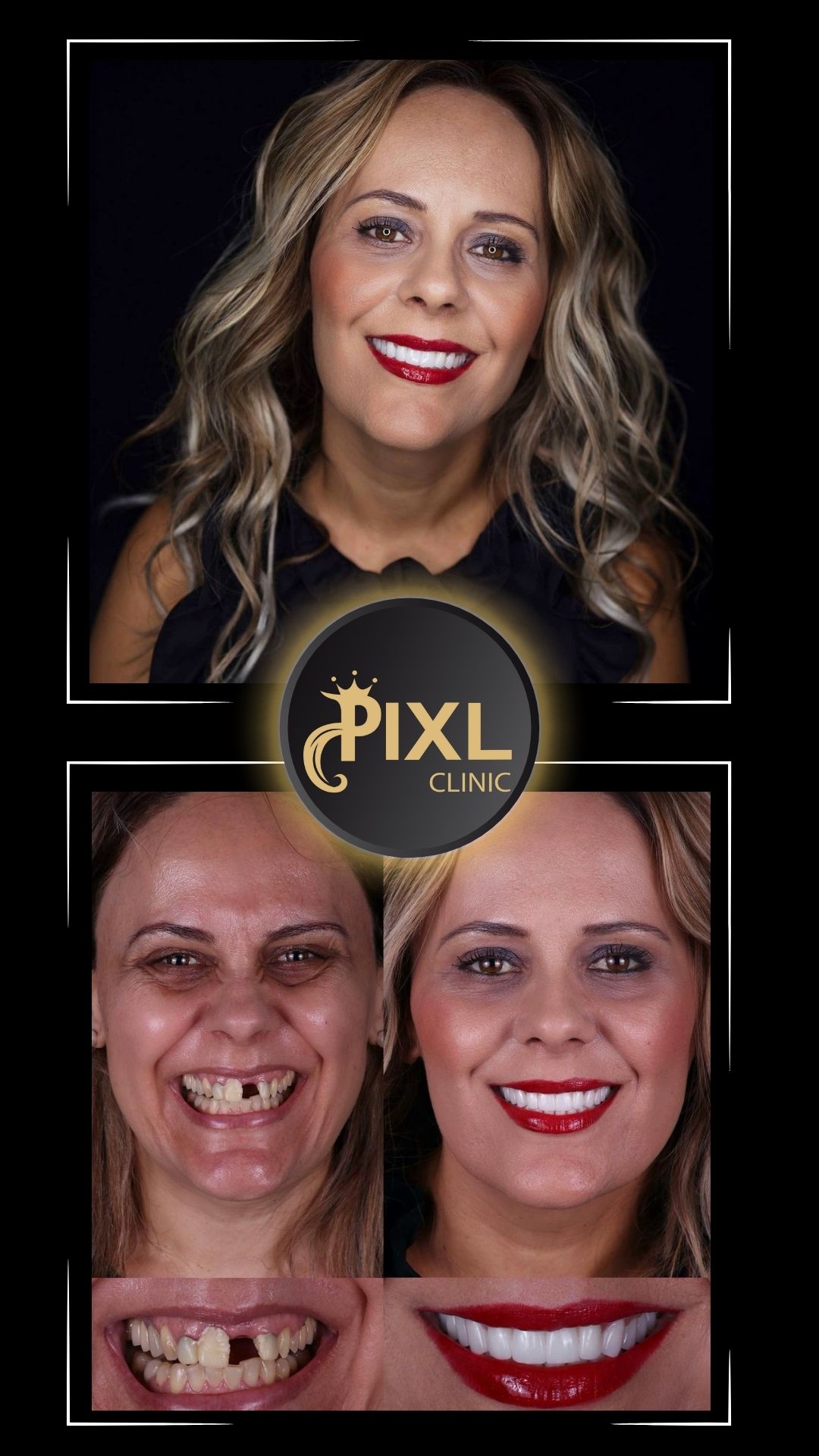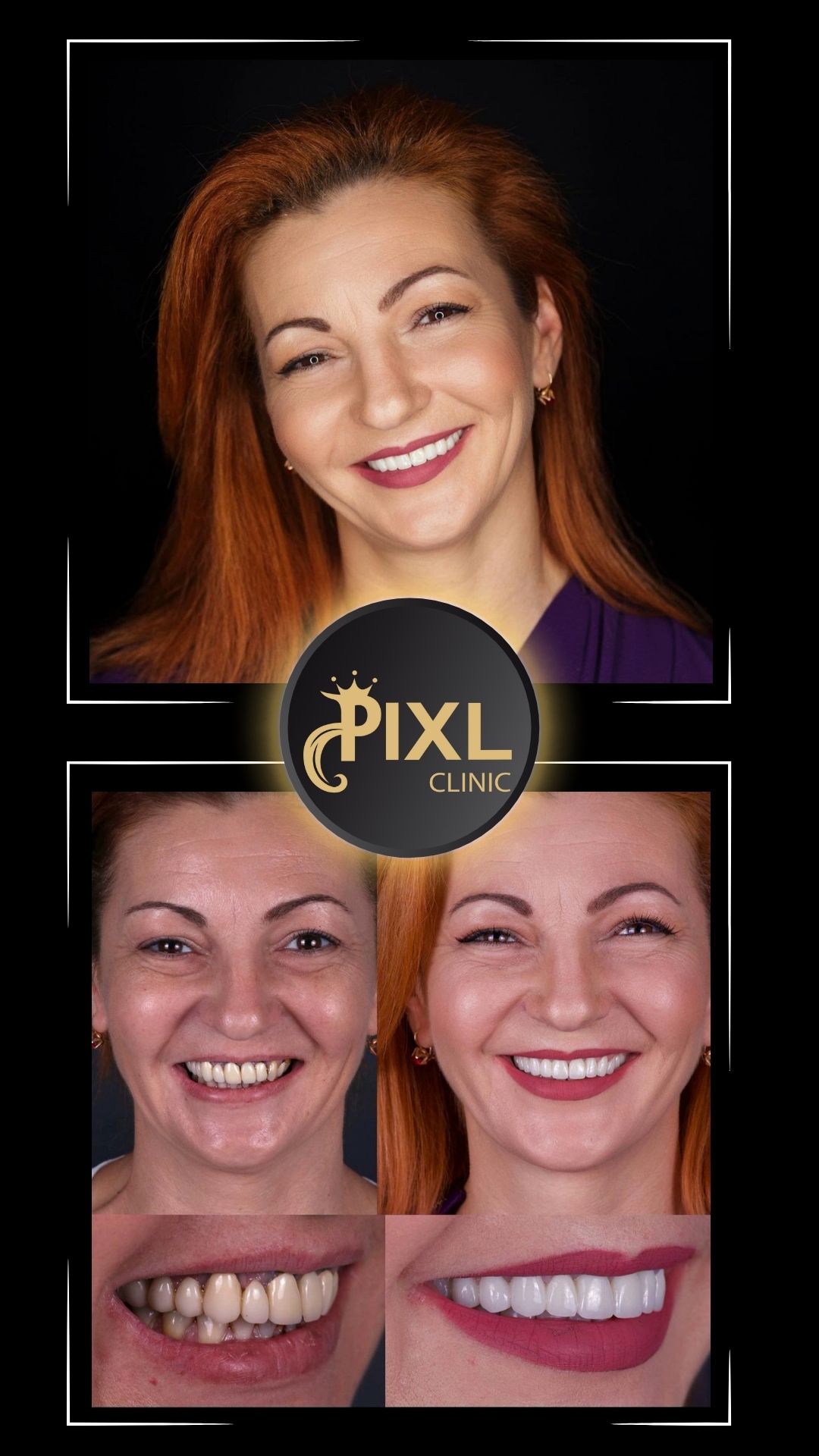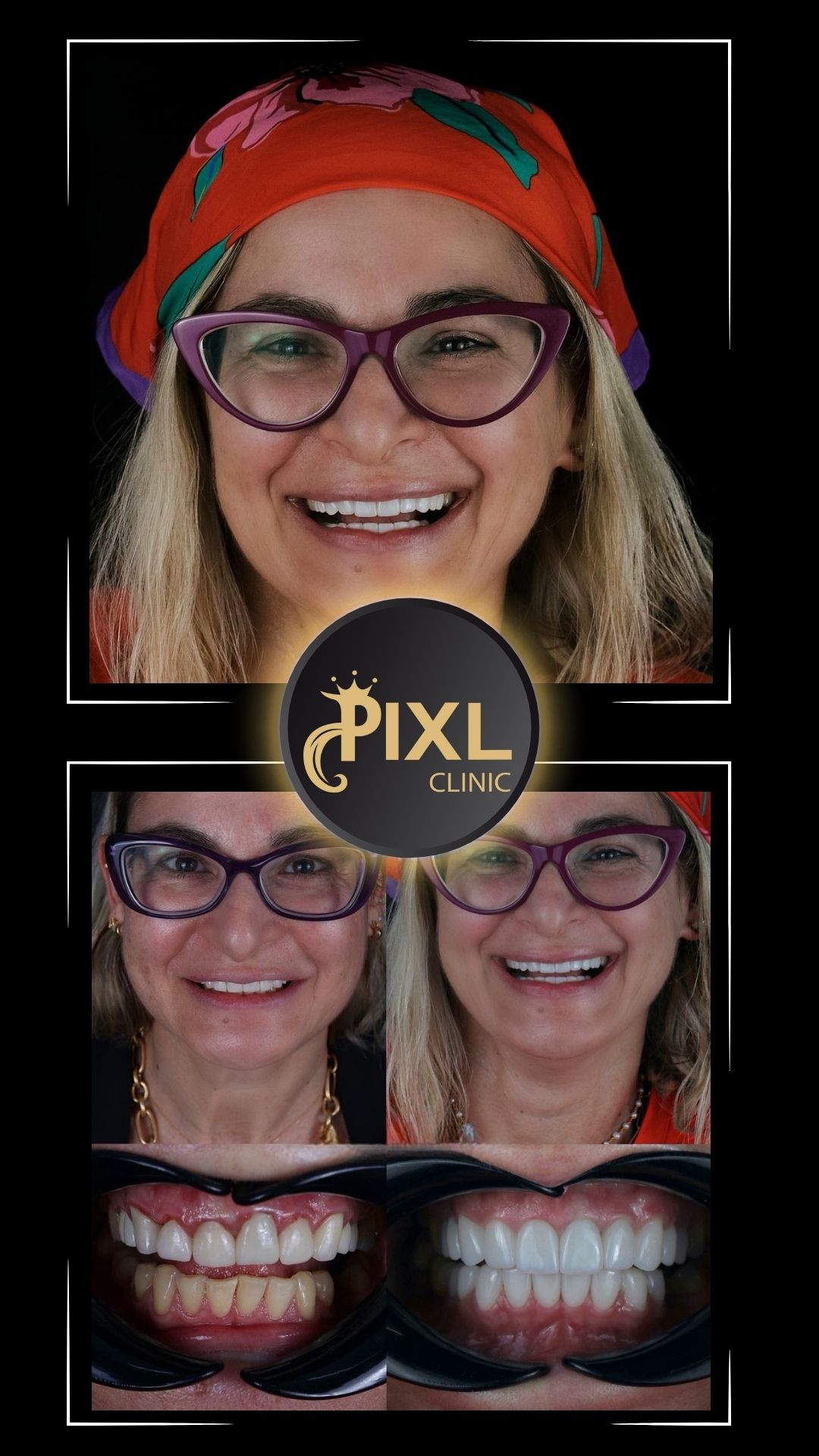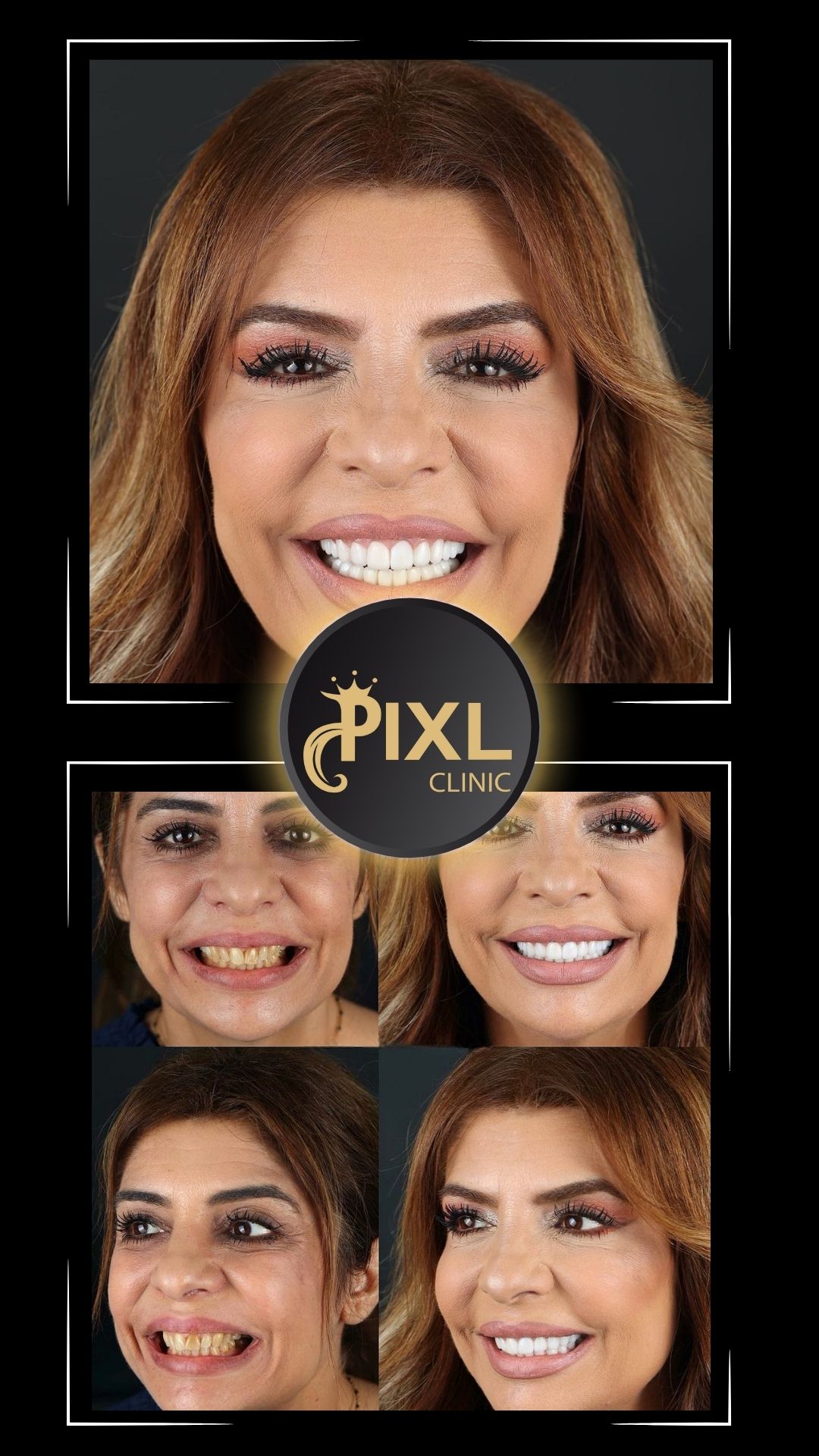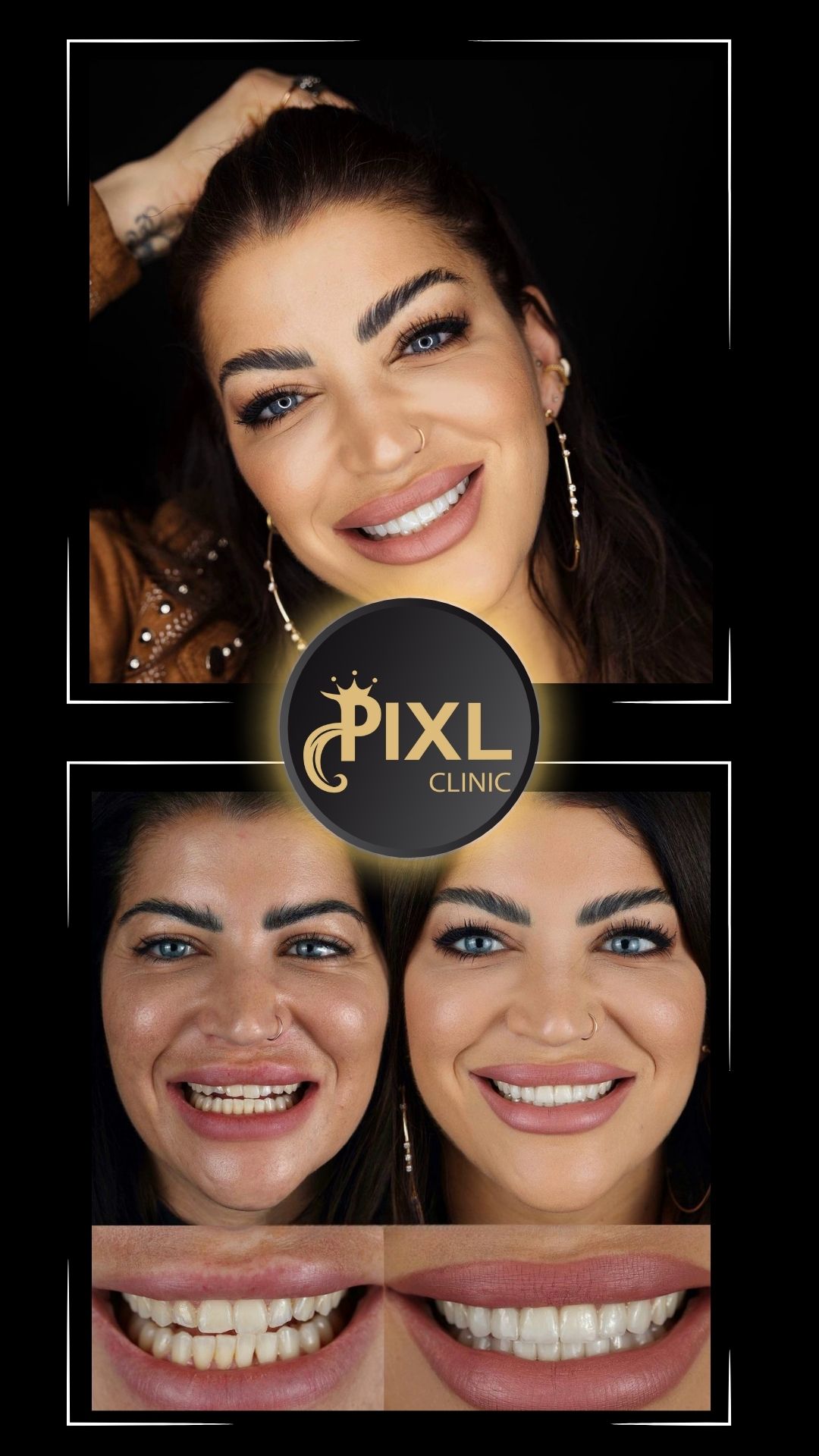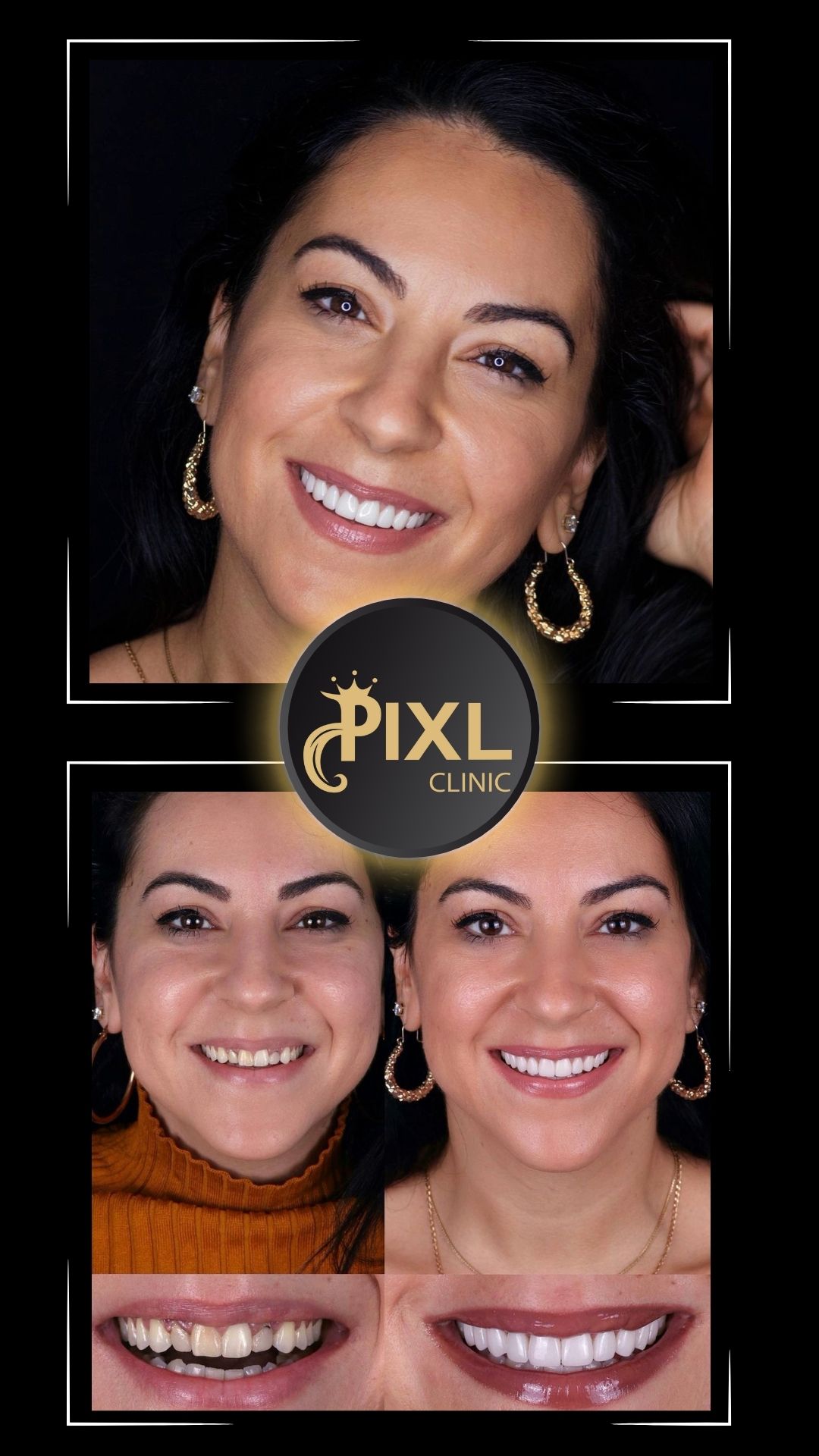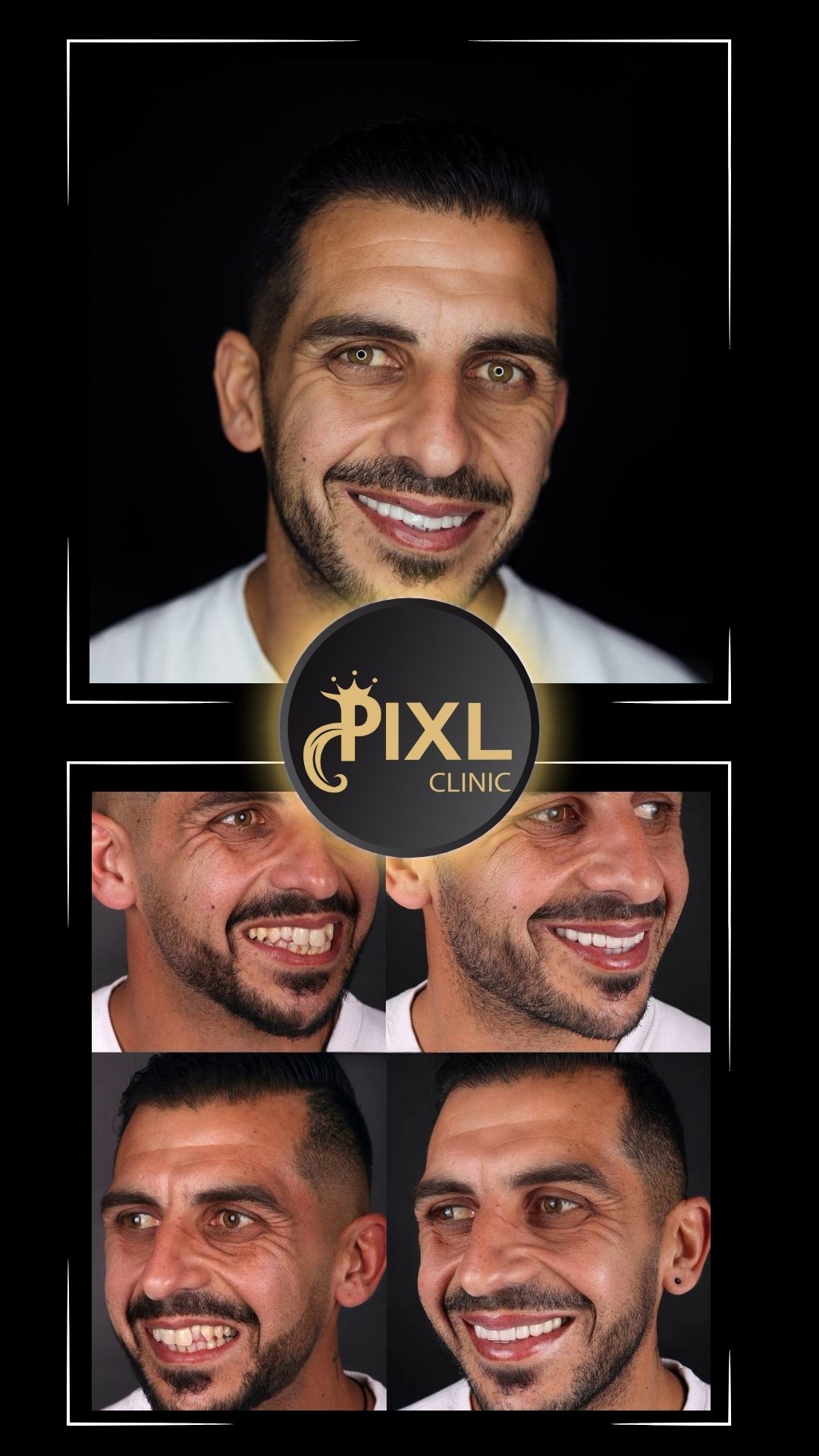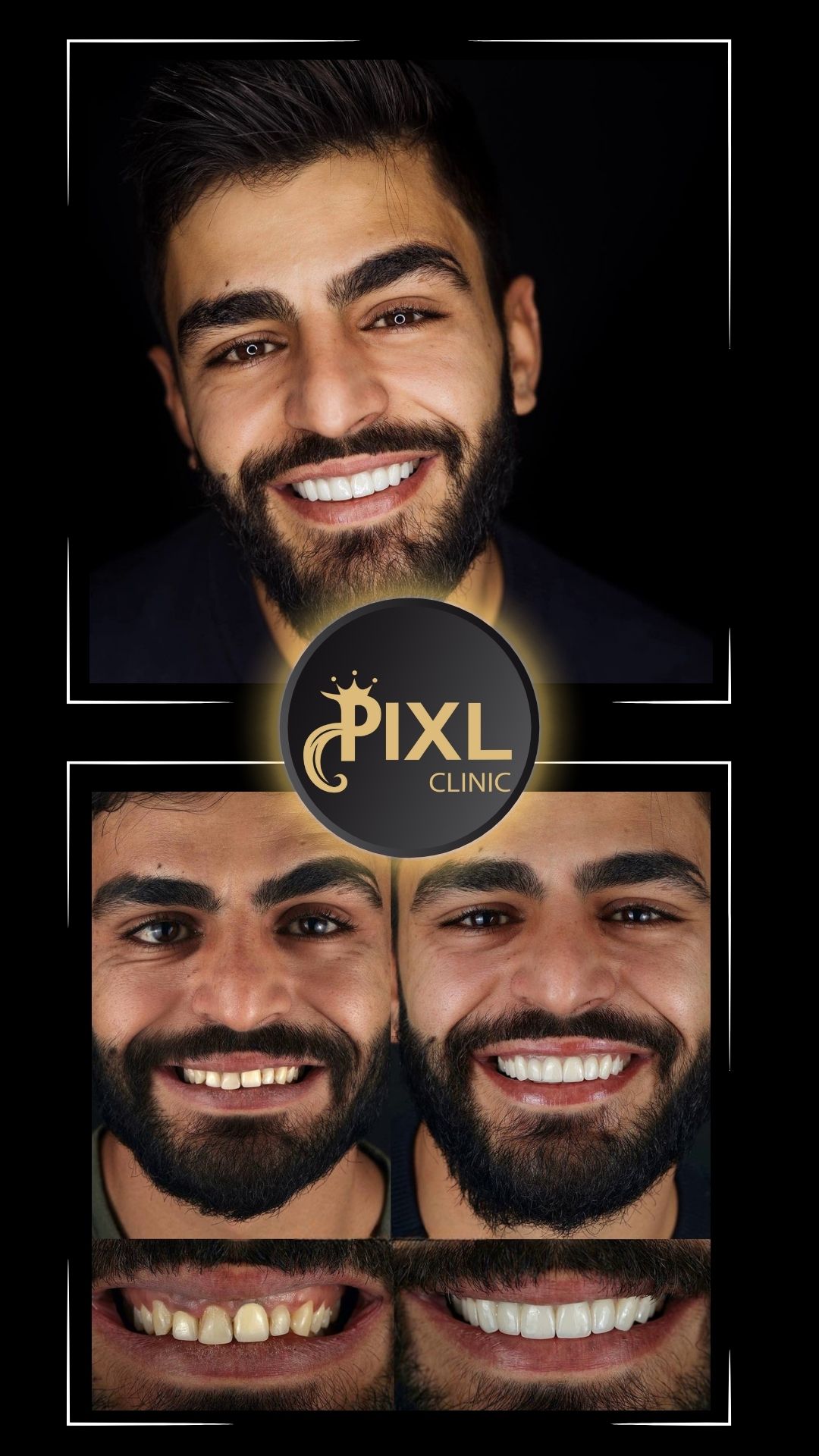Dental Implants Turkey
Dental implants in Turkey are a popular choice for those seeking a high-quality, cost-effective solution for replacing missing teeth.
Dental implants in Turkey have become a popular choice for many people seeking affordable and high-quality dental care. Turkey has gained a reputation for its advanced dental technology and skilled professionals, often at a fraction of the cost compared to other countries.
Dental Implants in Turkey: Your Comprehensive Guide to Affordable and High-Quality Care
Dental implants have transformed the field of restorative dentistry, offering a durable and natural-looking solution for missing teeth. Turkey has become a leading destination for dental implants due to its combination of advanced technology, experienced professionals, and cost-effective treatment options.
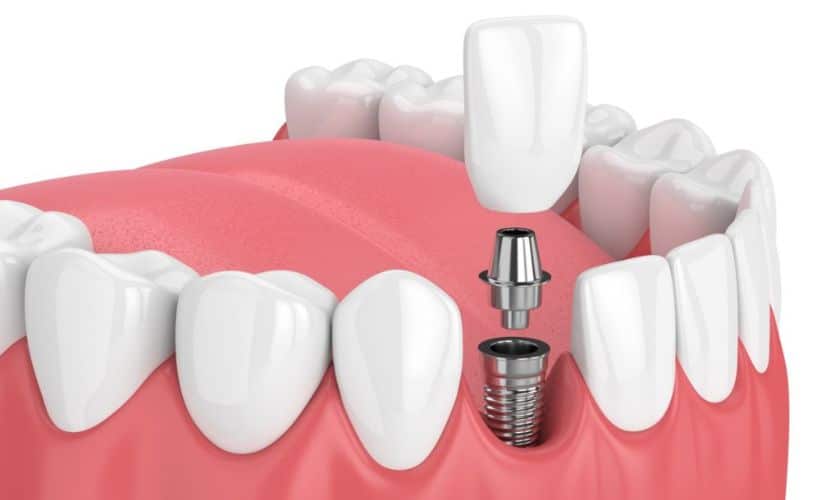
The Ultimate Guide to Dental Implants Turkey: Everything You Need to Know
Dental implants have become a leading solution for replacing missing teeth, offering a durable, natural-looking alternative to traditional dentures and bridges. Whether you’re dealing with tooth loss due to decay, injury, or other factors, dental implants can restore both function and confidence.
What Are Dental Implants?
Dental implants are artificial tooth roots that are surgically placed into the jawbone to support replacement teeth, such as crowns, bridges, or dentures. They are made of biocompatible materials, typically titanium, which integrates with the bone over time in a process known as osseointegration.
Components of a Dental Implant:
- Implant Fixture: The part inserted into the jawbone. It acts as the root of the missing tooth.
- Abutment: The connector piece that attaches to the implant fixture and supports the replacement tooth.
- Restoration: The visible part of the implant, which can be a crown, bridge, or denture.
The Dental Implant Process in Turkey
Initial Consultation
The process begins with a thorough consultation to assess your dental health and determine if you are a suitable candidate for implants. This includes a review of your medical history, a physical examination, and diagnostic imaging such as X-rays or CT scans.
Treatment Planning
Based on your consultation, your dentist will create a personalized treatment plan. This plan outlines the number of implants needed, the type of implants used, and the overall timeline for your treatment.
Implant Placement
The implant placement procedure typically involves the following steps:
- Preparation: Local anesthesia is administered to ensure you are comfortable and pain-free.
- Implant Insertion: The dentist places the dental implant into the jawbone through a small incision in the gum. In many cases, a temporary crown or bridge is placed immediately.
- Healing Period: After placement, the implant needs time to integrate with the jawbone. This process, known as osseointegration, typically takes a few months.
Permanent Restoration
Once the implant has fully integrated with the bone, a permanent crown or bridge is placed. This final restoration is customized to match the color and shape of your natural teeth, providing a seamless and natural-looking result.
Aftercare
Post-procedure care is essential for the success of your implants. Your dentist will provide detailed aftercare instructions, including oral hygiene practices, dietary recommendations, and follow-up appointments to monitor the healing process.
Benefits of Dental Implants
Natural Appearance
Dental implants closely mimic the look and feel of natural teeth. The custom-designed crowns or bridges are crafted to match your existing teeth, resulting in a seamless and aesthetically pleasing result.
Enhanced Functionality
Implants restore full chewing and speaking abilities, allowing you to enjoy your favorite foods and communicate confidently without worry.
Durability
With proper care, dental implants can last many years, often for a lifetime. They are designed to be highly durable and resilient, making them a long-term solution for tooth replacement.
Bone Preservation
Implants help prevent bone loss in the jaw by stimulating the bone in a similar way to natural tooth roots. This can maintain the structure of your face and prevent the sunken appearance that can occur with missing teeth.
Comfort and Convenience
Unlike removable dentures, implants are fixed in place, eliminating the need for adhesives and reducing the risk of slippage. They offer a stable and comfortable alternative that functions like natural teeth.
Types of Dental Implants in Turkey
Endosteal Implants
Endosteal implants are the most common type of dental implants used. They are inserted directly into the jawbone and are typically made of titanium. These implants are suitable for most patients who have healthy bone and gums.
- Design: Shaped like small screws or cylinders.
- Placement: Surgically placed into the jawbone.
- Healing Time: Requires a healing period of several months for osseointegration before attaching the final restoration.
Subperiosteal Implants
Subperiosteal implants are placed under the gum tissue but on or above the jawbone. They are generally used for patients who have a limited amount of jawbone and are not suitable candidates for endosteal implants.
- Design: Consist of a metal frame that is fitted onto the jawbone and supports the artificial teeth.
- Placement: Placed under the gum tissue and rests on or above the bone.
- Healing Time: Similar to endosteal implants, with a need for a healing period.
Zygomatic Implants
Zygomatic implants are an advanced type of implant used for patients with severe bone loss in the upper jaw. Instead of being placed in the jawbone, they are anchored into the zygomatic bone (cheekbone).
- Design: Longer than traditional implants to reach the zygomatic bone.
- Placement: Requires specialized surgical techniques.
- Healing Time: Similar to other implants, with a need for several months for osseointegration.
All-on-4 Implants
All-on-4 implants is a specific implant technique that involves placing four implants in the jaw to support a full arch of teeth. This approach is ideal for patients who need a complete set of replacement teeth in one or both jaws.
- Design: Four implants are strategically placed to support a full arch of prosthetic teeth.
- Placement: Implants are angled to maximize bone contact and support.
- Healing Time: Often allows for immediate provisional teeth, with final restoration placed after a healing period.
Immediate Implants
Immediate implants are placed directly into the extraction socket immediately following the removal of a damaged tooth. This technique can reduce the overall treatment time and may involve placing a temporary crown or bridge on the same day.
- Design: Similar to standard implants but placed immediately after tooth extraction.
- Placement: Requires precise timing and technique to ensure proper healing.
- Healing Time: The healing time is similar to other implants, with the final restoration placed once osseointegration is complete.
Mini Implants
Mini implants are smaller in diameter than traditional implants and are used in cases where there is limited bone density or space. They are often used as a temporary solution or for supporting small prosthetic devices.
- Design: Smaller diameter implants designed for specific cases.
- Placement: Less invasive compared to standard implants.
- Healing Time: Similar to other implants, with a need for proper osseointegration.
Bone Grafting and Sinus Lifts
While not a type of implant, bone grafting and sinus lifts are often necessary procedures to prepare the jawbone for implant placement. They are used to augment bone density and ensure a stable foundation for implants.
- Bone Grafting: Adds bone material to areas with insufficient bone volume.
- Sinus Lifts: Involves adding bone material to the upper jaw to support implants.
Frequently Asked Questions
Why are dental implants in Turkey cheaper than in other countries?
Turkey offers lower prices for dental implants due to the lower cost of living and operating expenses, including clinic costs and lab fees. However, the quality of materials and care is often comparable to international standards.
Are the dentists in Turkey qualified?
Yes, most dentists in Turkey are well-trained and often have international qualifications. Many clinics are accredited by organizations like the Turkish Dental Association and follow European standards. It’s essential to check the credentials of your dentist and clinic.
How much does a dental implant cost in Turkey?
The cost of a single dental implant in Turkey can range between €400 and €1,200, depending on the clinic, the type of implant, and the complexity of the procedure. This is significantly lower than in many Western countries.
How long does the dental implant procedure take?
Typically, the entire process takes two trips to Turkey. The first trip involves placing the implant, and you will need to return after about 3-6 months for the final crown placement once the implant has integrated with the jawbone.
Is it safe to get dental implants in Turkey?
Yes, many patients travel to Turkey for dental implants and report positive experiences. However, it’s important to thoroughly research clinics, read reviews, and ensure that the clinic uses high-quality materials.
What materials are used for dental implants in Turkey?
Reputable clinics in Turkey use materials from well-known global brands such as Straumann, Nobel Biocare, and Astra Tech. These materials are often the same as those used in more expensive clinics in Europe or the USA.
How long do dental implants last?
With proper care, dental implants can last 15-25 years or even a lifetime. It’s crucial to maintain good oral hygiene and visit your dentist for regular check-ups.
What is the success rate of dental implants in Turkey?
The success rate for dental implants in Turkey is typically around 95-98%, which is in line with global standards.
Do I need to stay in Turkey for a long time for the procedure?
You will typically need to stay for 5-7 days during the first visit and then another 5-7 days for the second trip, depending on the clinic and your treatment plan.
Is there a language barrier?
Most dental clinics in popular medical tourism destinations such as Istanbul, Antalya, and Izmir have English-speaking staff. Some clinics may also offer services in other languages like German, French, or Russian.
What should I consider before traveling to Turkey for dental implants?
- Clinic reputation: Check reviews, success rates, and credentials.
- Materials used: Ensure the clinic uses internationally recognized implant brands.
- Aftercare: Consider the post-treatment care and what will be available once you return home.
- Follow-up visits: You may need to return to Turkey for check-ups, so factor this into your decision.
Will insurance cover dental implants in Turkey?
Most international insurance companies do not cover dental work abroad. However, some clinics in Turkey may offer financing options or work with insurance companies to reimburse a portion of the costs.



